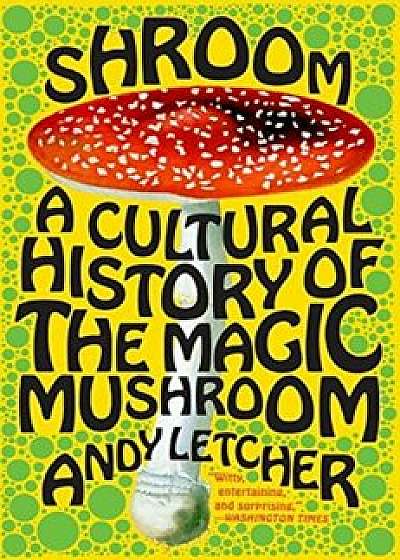
A Critical History of Greek Philosophy, Paperback/W. T. Stace
Descriere
A Critical History of Greek Philosophy Ancient Greek philosophy arose in the 6th century BCE and continued through the Hellenistic period, at which point Ancient Greece was incorporated in the Roman Empire. It dealt with a wide variety of subjects, including political philosophy, ethics, metaphysics, ontology, logic, biology, rhetoric, and aesthetics. Brand New Copy - New Edition Many philosophers today concede that Greek philosophy has influenced much of Western thought since its inception. Alfred North Whitehead once noted: "The safest general characterization of the European philosophical tradition is that it consists of a series of footnotes to Plato." Clear, unbroken lines of influence lead from ancient Greek and Hellenistic philosophers to Early Islamic philosophy, the European Renaissance and the Age of Enlightenment. Some claim that Greek philosophy, in turn, was influenced by the older wisdom literature and mythological cosmogonies of the ancient Near East. Martin Litchfield West gives qualified assent to this view, stating, "contact with oriental cosmology and theology helped to liberate the early Greek philosophers' imagination; it certainly gave them many suggestive ideas. But they taught themselves to reason. Philosophy as we understand it is a Greek creation."Subsequent philosophic tradition was so influenced by Socrates (as presented by Plato) that it is conventional to refer to philosophy developed prior to Socrates as pre-Socratic philosophy. The periods following this until the wars of Alexander the Great are those of "classical Greek" and "Hellenistic" philosophy. Greek Philosophy Greek philosophy is not, even now, antiquated. It is not from the point of view of an antiquary or historian that its treasures are valuable. We are dealing here with living things, and not with mere dead things--not with the dry bones and debris of a bygone age. And I have tried to lecture and write for living people, and not for mere fossil-grubbers. If I did not believe tha





